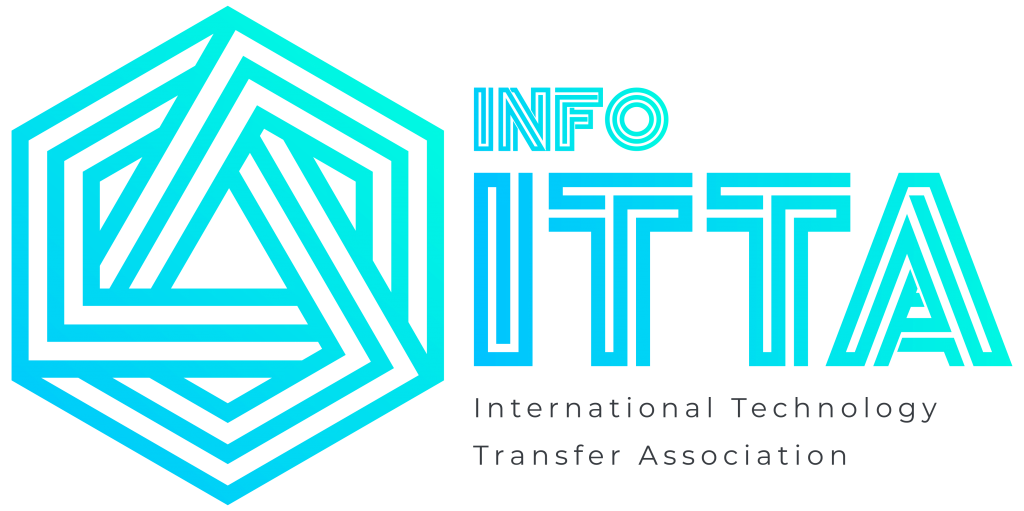Recent Posts
- State Cybersecurity Policy: Ukraine and International Experience 29.03.2025
- Ukraine recovery should be based on development of territorial communities, innovations, involvement of professional domestic community – results of ESUR forum 29.06.2023
- Ukraine repatriates five more seriously wounded Russian POWs 10.04.2023
- Rada intends to include history of Ukraine, foreign language in final certification for general secondary education 10.04.2023
- Rada terminates protocol on joint anti-terrorist measures in CIS territories for Ukraine 10.04.2023
Process of elaborating new EU sanctions on Belarus confidential – Borrell's spokesperson
BRUSSELS. Jan 12 (Interfax) – The European Union is applying two sanctions regimes against Belarus: the first is related exclusively to that country and to the outcome of the last presidential election in 2020 and repressions against the local population, the second is related to Minsk’s cooperation with Moscow as part of the military operation in Ukraine, Peter Stano, spokesperson for EU chief diplomat Josep Borrell, said.
Speaking of sanctions in the context of cooperation with Russia, Stano said that "you can read the details of all these sanction packages, because they have been published." "So you can see and research when exactly and who has been sanctioned from Belarus," Stano said at a press briefing in Brussels on Thursday when asked about the details of the plans announced by European Commission President Ursula von der Leyen to maintain the sanctions pressure on Russian allies, in particular to impose a new package of sanctions on Belarus.
As for the essence and meaning of the new sanctions, Stano said it is a subject of negotiations, a confidential discussion among the EU member states. "This all depends on the member state and the way how they agree on shaping these packages," he said.
He said the sanctions as part of the events in Ukraine are a matter of ongoing analysis and discussion by the EU member states and institutions to determine who will be included on the next sanctions list.
"We’ve said that we would continue responding with the sanctions for as long as Russia continues this escalation," Stano said, reiterating that details of drafting the restrictive measures would remain confidential.
Von der Leyen said earlier that the EU will "extend these sanctions" to those who militarily support Russia’s actions, such as Belarus or Iran. "And we will be coming forward with new sanctions on Belarus," she said at a joint press conference with NATO Secretary General Jens Stoltenberg and European Council President Charles Michel on January 10.
She reaffirmed further support to Ukraine.

